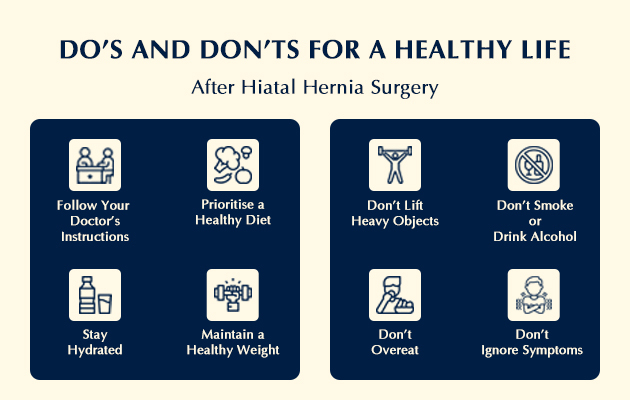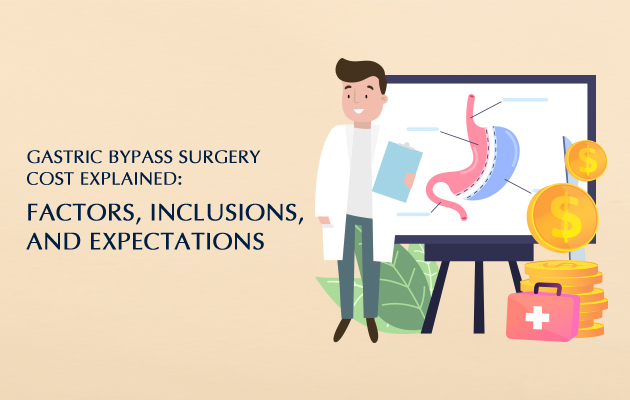Gallbladder problems can cause discomfort, digestive issues, and even serious complications if left untreated. When gallstones, blockages, or inflammation impact your health, gallbladder surgery often becomes the recommended solution. Known medically as cholecystectomy, this is a safe and common procedure performed worldwide. Dr. Niruben Rajasagaram, a leading gallbladder specialist, provides personalised care for patients in Melbourne, guiding them through the entire surgical process with precision, safety, and personalised support.
This gallbladder surgery guide will walk you through everything you need to know about surgery, from understanding the procedure to recovery and lifestyle adjustments.
Understanding the gallbladder and its functions
The gallbladder is a small, pear-shaped organ located beneath the liver. Its primary function is to store and release bile, a digestive fluid that helps break down fats. While small in size, the gallbladder plays an essential role in digestion.
Problems arise when bile contains too much cholesterol, bilirubin, or when the gallbladder does not empty efficiently. This can lead to the formation of gallstones, inflammation (cholecystitis), or other complications. Persistent gallbladder issues often require surgical intervention to prevent further health risks.
When does gallbladder surgery become necessary?
Not all gallbladder problems require surgery. Mild cases of gallstones may be managed with diet adjustments and medications. However, surgery is typically recommended in the following situations:
-
Recurrent gallstone attacks causing severe pain
-
Inflammation or infection of the gallbladder
-
Gallstones blocking the bile ducts
-
Gallbladder dysfunction affects digestion
For patients experiencing these issues, consulting a trusted gallbladder specialist ensures timely intervention and reduces the risk of complications.
What is gallbladder surgery?
Gallbladder surgery, also known as cholecystectomy, is a surgical procedure to remove the gallbladder, a small organ located beneath the liver. The gallbladder stores bile, a digestive fluid produced by the liver. Problems arise when gallstones block bile flow or when the gallbladder becomes inflamed or infected.
There are two primary types of gallbladder surgery:
-
Laparoscopic Cholecystectomy – This minimally invasive procedure uses small incisions and a camera to guide surgical instruments. It’s the most common method and typically offers faster recovery and smaller scars.
-
Open Cholecystectomy – This traditional approach requires a larger incision in the abdomen. It’s generally recommended for patients with complex gallbladder conditions or when previous surgeries make laparoscopy difficult.
What are the signs you may need gallbladder surgery?
While some gallbladder issues can be managed with medication or dietary changes, surgery is often recommended for persistent or severe symptoms. Signs that may indicate the need for surgery include:
-
Severe abdominal pain, particularly in the upper right quadrant
-
Nausea or vomiting after meals
-
Fever or jaundice (yellowing of the skin and eyes)
-
Recurrent gallstone attacks
Consulting a gallbladder specialist ensures proper diagnosis and determines whether surgery is necessary.
How long does gallbladder surgery take?
Patients often ask, “How long does cholecystectomy surgery take?” The duration depends on the type of procedure:
-
Laparoscopic cholecystectomy: Typically 45 minutes to 1.5 hours
-
Open cholecystectomy: Usually 1.5 to 3 hours
The actual time may vary based on the patient’s overall health, the complexity of the gallbladder condition, and whether there are complications such as inflammation or scar tissue from prior surgeries.
Preparing for gallbladder surgery
Before surgery, your specialist will provide a detailed preoperative plan. Common steps include:
-
Blood tests, imaging, and other diagnostic tests
-
Adjusting or temporarily stopping certain medications
-
Fasting for a specific period before the procedure
-
Arranging for post-surgery transportation and support
Following these instructions carefully helps minimise risks and ensures the procedure goes smoothly.
What is the process of gallbladder surgery?
|
Stage |
What Happens |
Patient Experience |
|
Pre-Surgery Preparation |
Diagnostic tests, medical history review, fasting, and medication adjustments. |
Outpatient preparation; usually minimal discomfort. |
|
Anesthesia |
General anesthesia is administered before the surgery begins. |
You will be asleep and pain-free during the surgery. |
|
Surgical Procedure |
Laparoscopic: 3–4 small incisions for camera and tools. - Open: larger incision for direct removal. |
No awareness during the operation. Duration depends on complexity. |
|
Immediate Recovery |
Monitoring in recovery room; pain relief provided; encouraged to walk within hours. |
Some mild pain or bloating; generally manageable. |
|
Hospital Stay |
Laparoscopic surgery patients are often discharged the same day. Open surgery patients may require a 2–4 day stay. |
Depends on the type of surgery performed. |
|
At-Home Recovery |
Rest, pain management, diet adjustments, and gradual return to normal activities. |
1–2 weeks (laparoscopic) or 4–6 weeks (open). |
Recovery after gallbladder surgery
Recovering from gall bladder removal surgery depends on the type of procedure performed:
-
Laparoscopic surgery: Most patients return to normal activities within 1-2 weeks. Minor discomfort, bloating, or shoulder pain from gas used during surgery is common.
-
Open surgery: Recovery may take 4-6 weeks, with some limitations on lifting and strenuous activity.
Patients are usually advised to avoid heavy lifting and vigorous exercise during the initial recovery period to allow the body to heal properly.
What is the recommended diet after gallbladder surgery?
Adjusting your diet after gallbladder surgery is essential for optimal recovery and digestion. Without a gallbladder, bile flows directly from the liver into the small intestine, which can affect the digestion of fatty foods. Recommendations typically include:
-
Eating small, frequent meals
-
Avoiding high-fat, greasy, or fried foods initially
-
Gradually reintroducing fibre and fat under guidance
-
Staying hydrated and maintaining a balanced diet
Following these dietary guidelines can reduce digestive discomfort and support a smooth recovery.
What are the risks and complications after gallbladder surgery?
While gallbladder surgery is generally safe, like any surgical procedure, it carries potential risks. These may include:
-
Infection at the incision site
-
Bleeding or injury to surrounding structures
-
Bile leakage
-
Temporary digestive changes
A skilled gallbladder specialist takes every precaution to minimise risks and ensure patient safety.
When to seek medical advice post-surgery?
After surgery, it’s important to monitor for signs of complications. Contact your healthcare provider immediately if you experience:
-
Severe abdominal pain or bloating
-
Persistent fever
-
Yellowing of the skin or eyes
-
Prolonged nausea or vomiting
-
Unusual discharge or redness at the incision site
Early intervention can prevent minor issues from becoming serious complications.
How Dr. Niruben Rajasagaram can help?
At our clinic, Dr. Rajasagaram provides complete care for patients requiring gallbladder surgery, from initial consultation to recovery support. His services include:
-
Thorough diagnosis and treatment planning
-
Minimally invasive surgical options
-
Personalised recovery and dietary guidance
-
Ongoing patient support post-surgery
For patients looking for gall bladder surgery in Melbourne, Dr. Rajasagaram combines surgical expertise with compassionate care, ensuring the best outcomes possible. Whether you have questions about recovering from gall bladder removal surgery or concerns about dietary changes, our team is here to guide you every step of the way.
Takeaway
Gallbladder surgery is a highly effective solution for managing gallbladder issues, with most patients experiencing significant relief from symptoms after recovery. Choosing an experienced gallbladder specialist can make a significant difference in the procedure’s success, recovery time, and overall experience.
At Dr. Niruben Rajasagaram’s clinic, we provide comprehensive care for patients requiring gall bladder surgery in Melbourne. From preoperative assessments to personalised post-surgery advice, including guidance on diet after gallbladder surgery, our team ensures you receive the highest standard of care.
If you are experiencing gallbladder issues or considering surgery, contact us today to schedule a consultation with a trusted gallbladder specialist.
Important NoteAll the information, recommendations, and processes discussed in this blog are for general educational purposes only. Every patient’s situation is unique, and outcomes may vary. It is important to always consult directly with a qualified specialist before making any decisions about gallbladder surgery or related treatments. |








